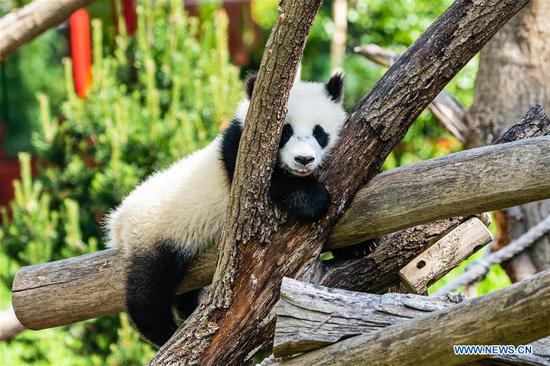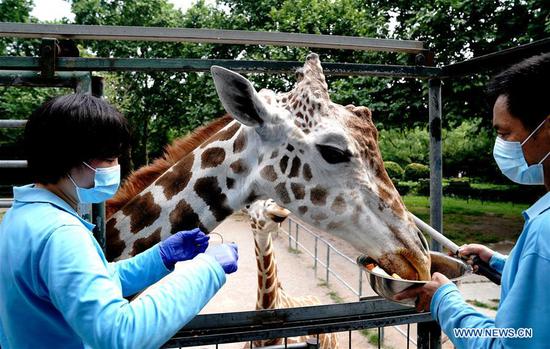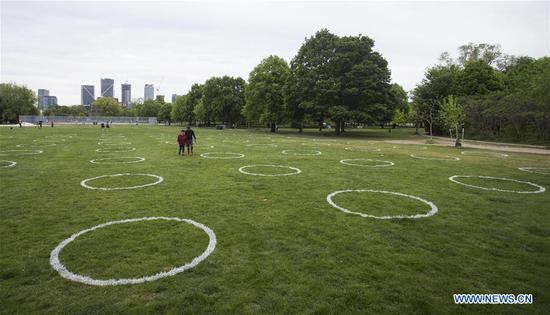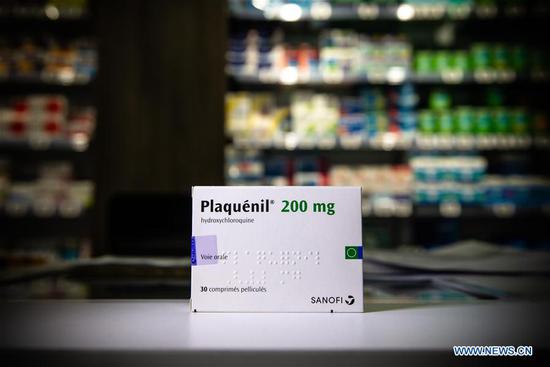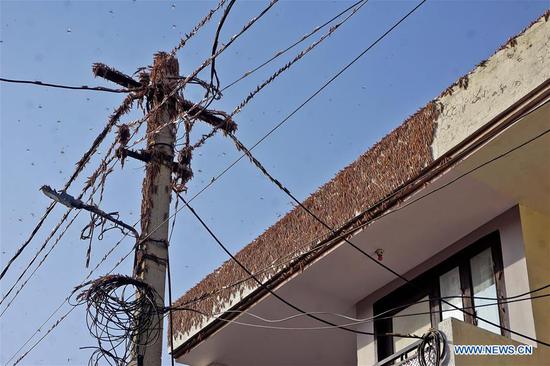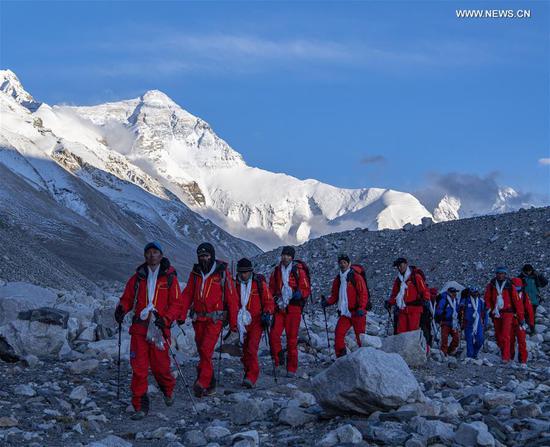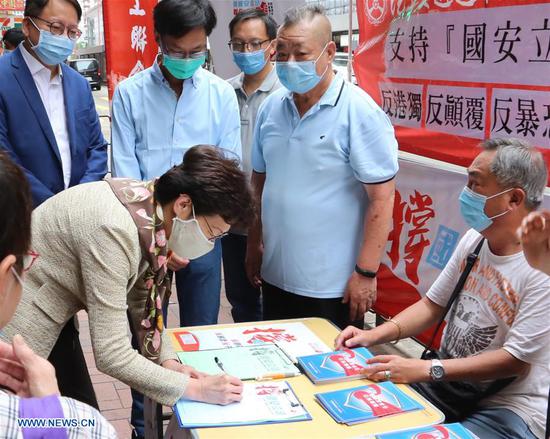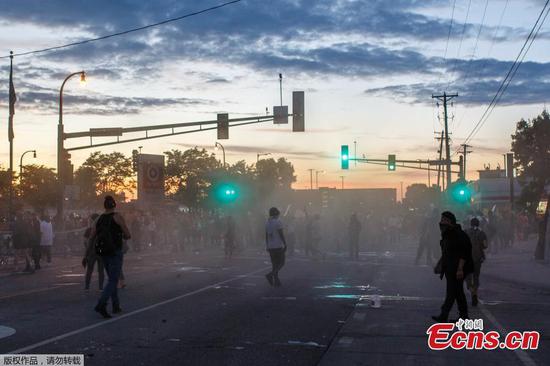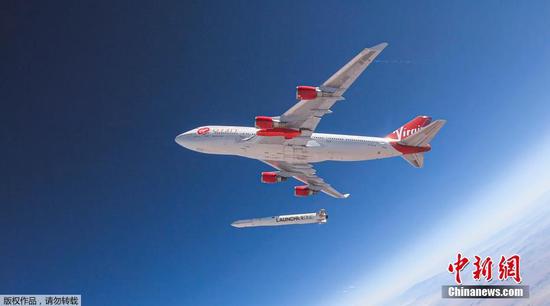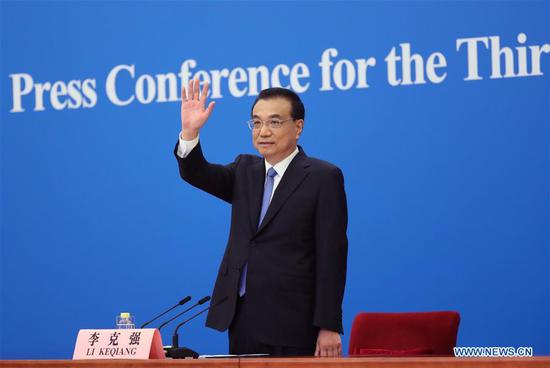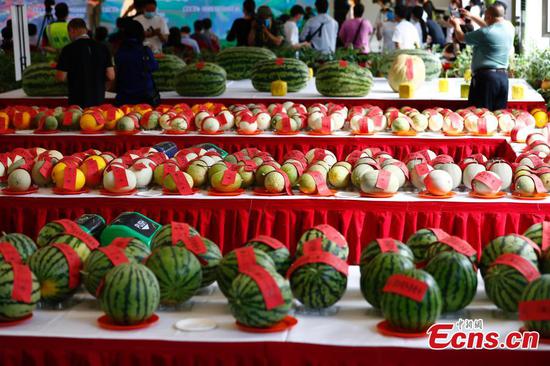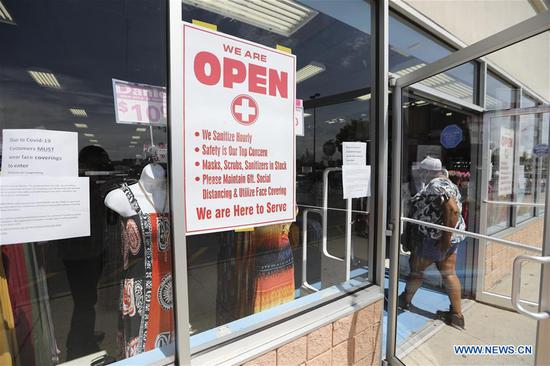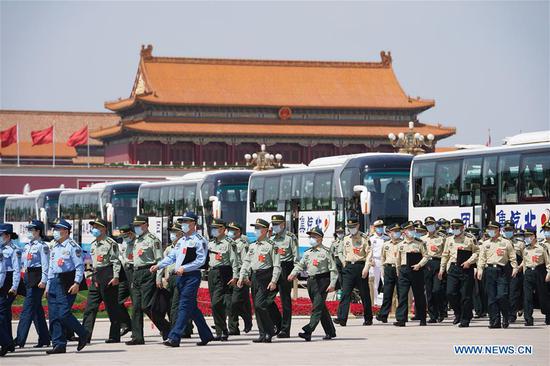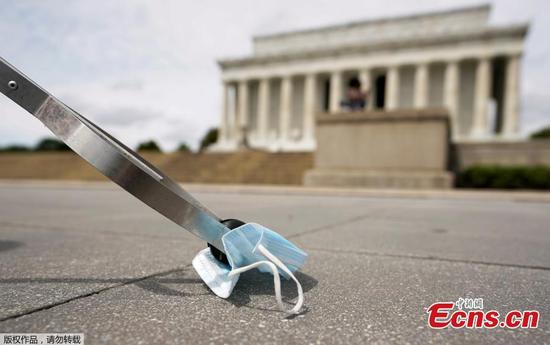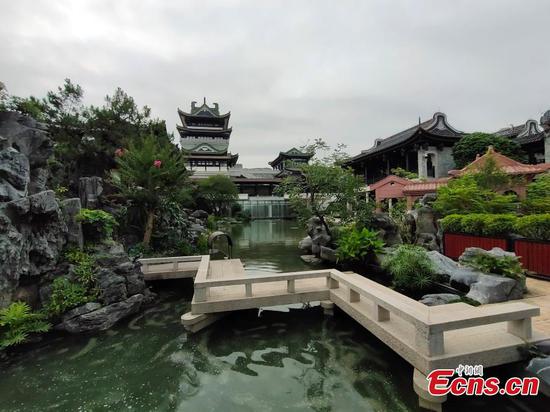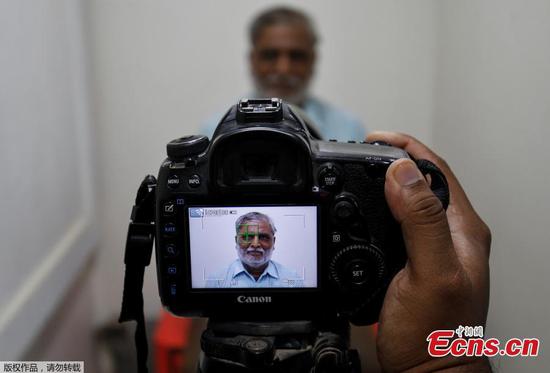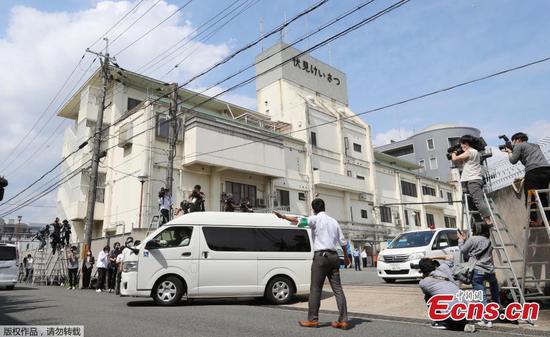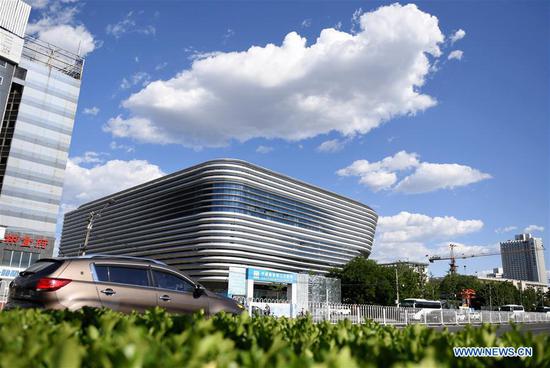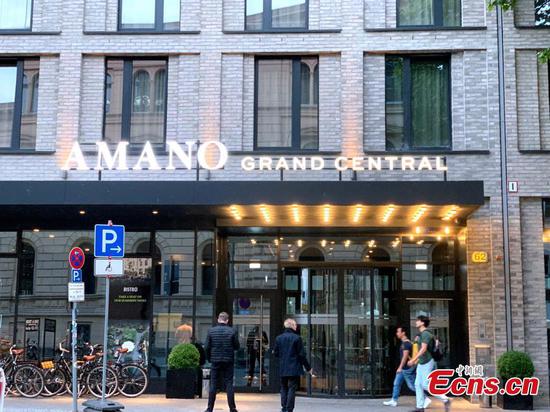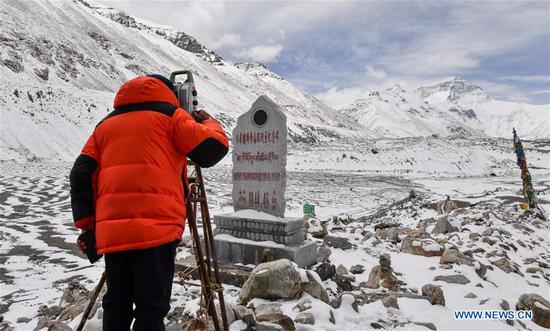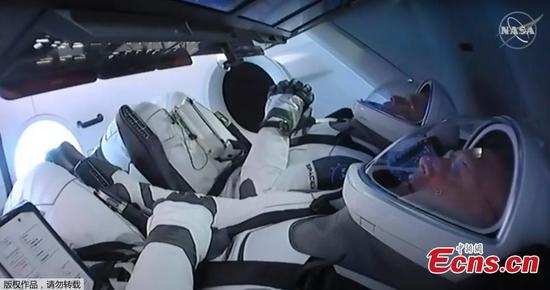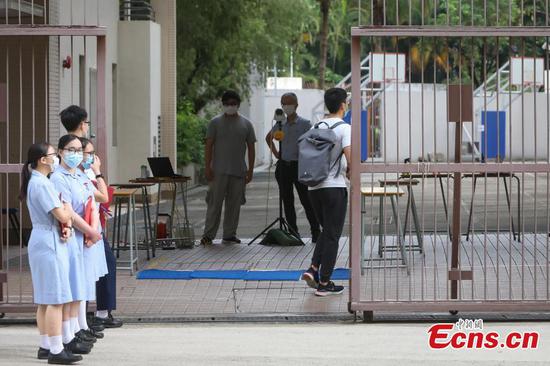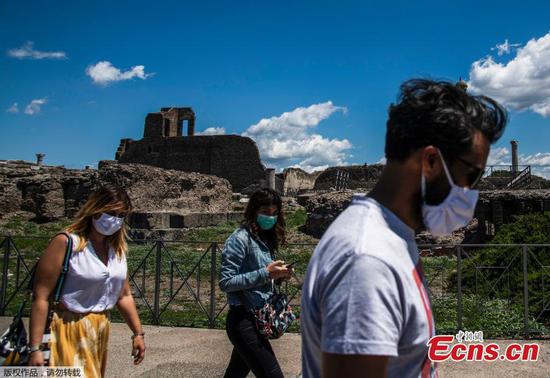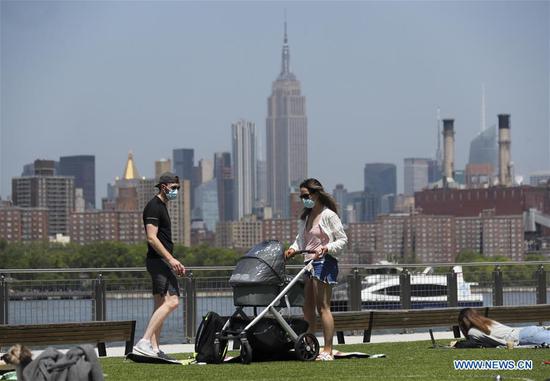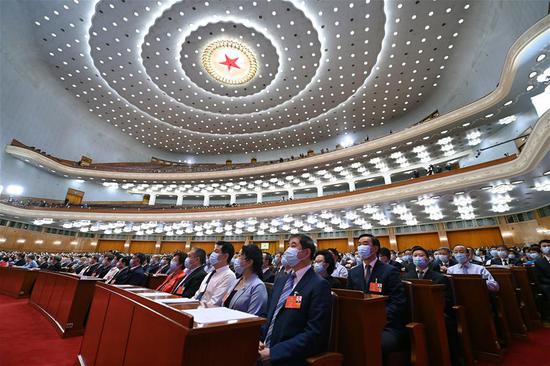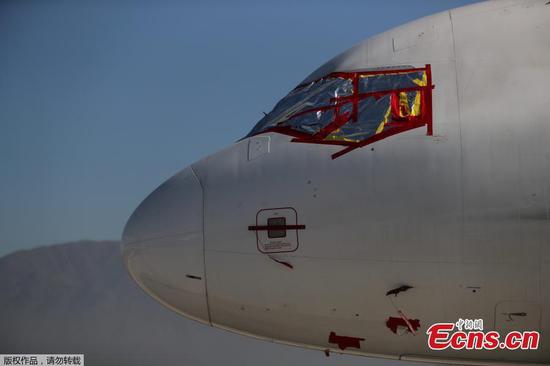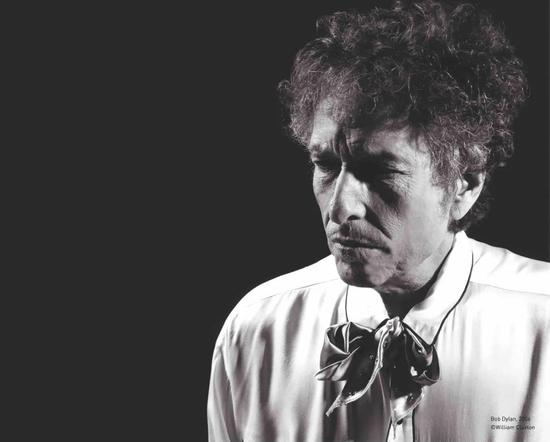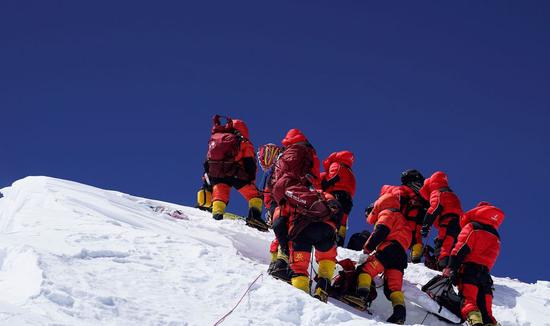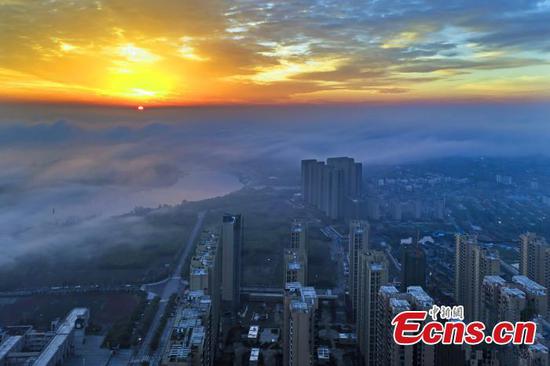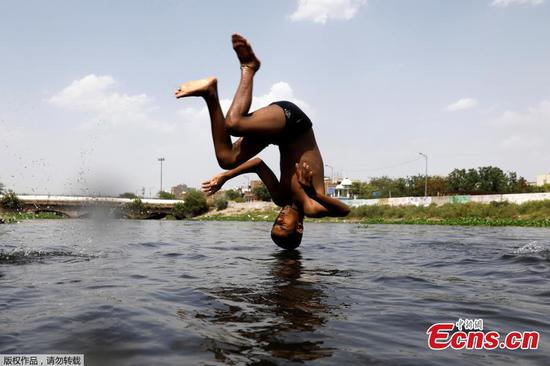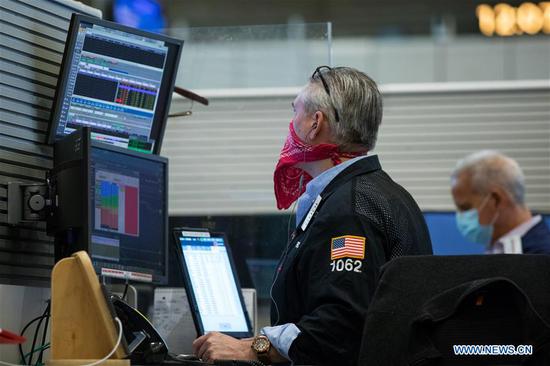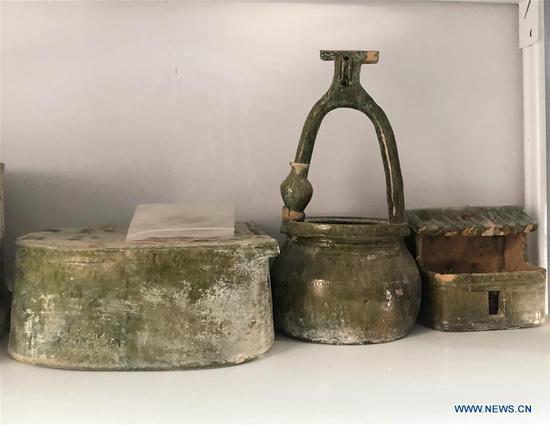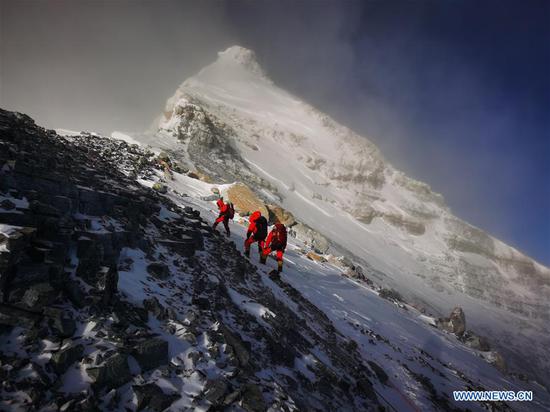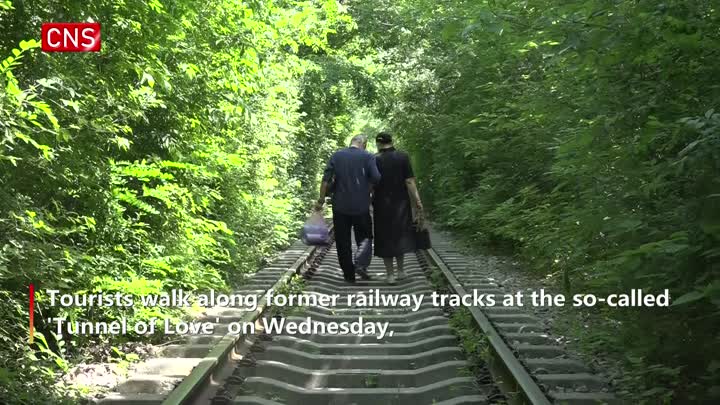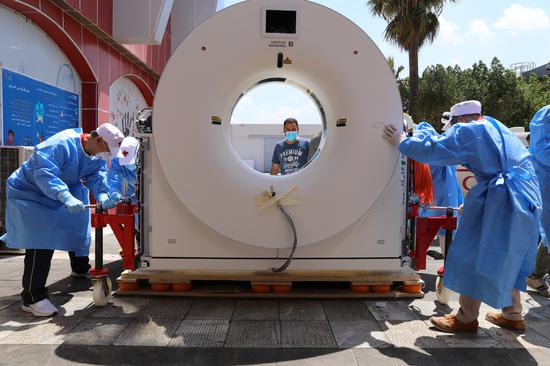
A CT scanning machine from China arrives in Baghdad in April of 2020.
The term refers to the annual session of the National People's Congress, China's top legislature, and the National Committee of the Chinese People's Political Consultative Conference, the nation's top political advisory body.
Ahead of the two sessions, President Xi Jinping delivered a speech via video link to the 73rd World Health Assembly. He called on the international community to increase political and financial support for the World Health Organization to mobilize global resources to defeat the virus.
China pledged to provide $2 billion over two years to help with the COVID-19 response and with economic and social development in countries affected by the pandemic-especially developing nations, with any vaccine it develops being made available globally.
Jenny Clegg, vice-president of the Society for Anglo-Chinese Understanding, hailed Xi's commitments, saying China is setting an example in international cooperation.
She said the country deserves credit for "a remarkable job in containing the virus, with fewer than 5,000 deaths", as it has acted decisively.
"Yes, there were mistakes at first-let's not forget that China was the first to face this virus-but we now know how difficult it is to detect and to test," Clegg said.
"What the government did was follow rigorously standard public health procedure to test, trace and isolate. The lockdown really was a lockdown, no matter the short-term damage to the economy."
Xi also appealed for international macroeconomic policy coordination to be strengthened and for the protection of global industrial and supply chains.
Bovis said he believes China will play a pivotal role in global economic development after the pandemic is brought under control around the world. "Such a role emanates from China's leadership credentials and its aspirations for responsible and sustainable development," he added.
Observers said the effects of the pandemic will shift geopolitical priorities in terms of trade, governance, leadership and cultures. Certain countries and regions will emerge from it closer and possibly stronger in their future relations, with others facing the prospect of isolation and inward-looking systems.
Stephen Perry, chairman of The 48 Group Club, an independent business network committed to promoting trade and cultural links between the UK and China, said COVID-19 is likely to strengthen China's links with countries taking part in the Belt and Road Initiative.
China is moving to switch its trade and investment to nations that have signed up to the BRI and associates such as India, Japan and South Korea, Perry said.
"My estimate is that these BRI regions and nations already account for over 50 percent of China's trade and investment, with (that of) the West probably down from 60 percent in 2007 to about 28 percent now."
Peter Frankopan, a professor of global history at Oxford University, said combating the pandemic is a worldwide responsibility.
"In a deeply interconnected world, even one where there are loud voices criticising globalisation, it is important to remember how much we all depend on each other," he said.
"So, when China recovers, that is a good start and a good sign for others; but for all of us to move forward-including China-we need to solve COVID-19 properly, as global problems require global solutions."









